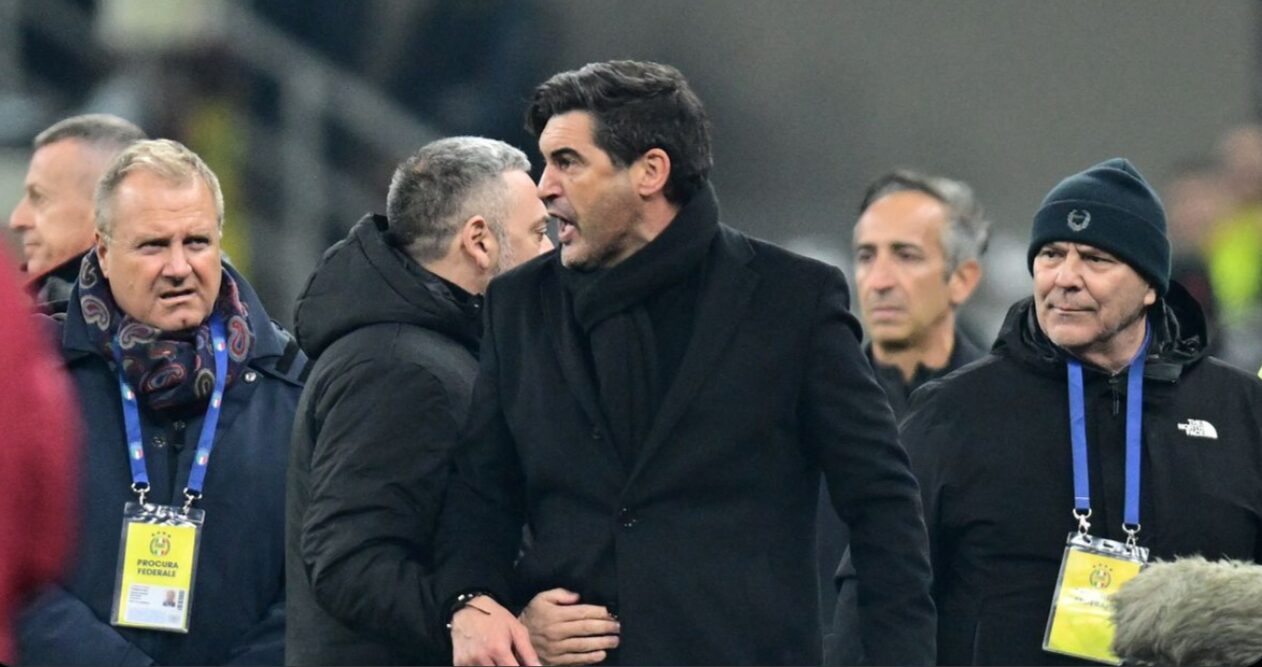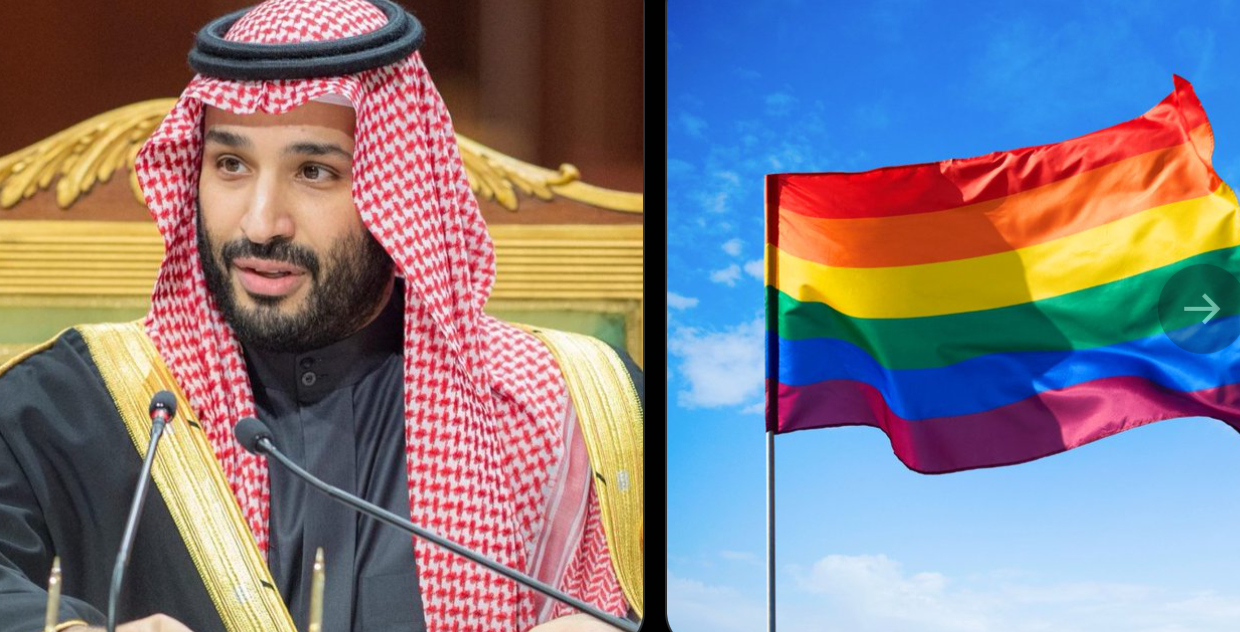AC Milan Sacks Portuguese Coach Paulo Fonseca After Just Six Months: What Went Wrong?
In a surprising turn of events, Italian football club AC Milan has decided to part ways with Portuguese coach Paulo Fonseca after just six months in charge. The decision has shocked many in the football world, as Fonseca was appointed to lead the storied Serie A club in the hopes of reviving its fortunes. However, despite the high expectations, AC Milan’s board has opted for a change, citing underwhelming performances and internal challenges.
The Short-Lived Tenure of Paulo Fonseca
Paulo Fonseca’s appointment at AC Milan in the summer of 2024 was met with optimism. The 51-year-old Portuguese manager had previously achieved success with clubs like AS Roma and Shakhtar Donetsk, where he was lauded for his attacking football and ability to develop young talent. His tactical acumen and previous experience in European competitions made him a promising candidate to lead AC Milan back to the top of Italian football.
However, despite his previous successes, Fonseca’s time at Milan was marked by inconsistency. The club’s performances under his leadership failed to meet the expectations of the management and fans, who had hoped for a stronger challenge for the Serie A title and a deeper run in European competitions. After only six months at the helm, Fonseca was dismissed, raising questions about the reasons behind the decision.
Underwhelming Results and Expectations
When Fonseca took charge of AC Milan, the club was already in a period of transition, following the departure of long-term manager Stefano Pioli. Pioli had led Milan to the Serie A title in 2023, and there was a sense of anticipation that Fonseca would build upon that success. However, things did not go as planned.
AC Milan’s performances under Fonseca were inconsistent both domestically and in European competitions. The team struggled to find a rhythm, with some key players underperforming and the tactical setup failing to deliver the desired results. While Fonseca’s approach was based on attacking football and high pressing, Milan often seemed vulnerable defensively, and the team lacked the cutting edge in front of goal.
In Serie A, Milan found themselves trailing their competitors in the race for the top spots, and their performances in the UEFA Champions League left much to be desired. With the club’s ambitions of returning to the heights of European football, the underachievement in both domestic and international competitions became a growing concern for the club’s management.
Internal Challenges and Dressing Room Issues
Beyond the results on the pitch, reports suggest that there were internal issues at the club that may have contributed to Fonseca’s downfall. While AC Milan has a squad full of talented players, the dynamics within the team appeared to be less than harmonious. Rumors of disagreements between Fonseca and some of the senior players began to surface, with reports suggesting that the Portuguese coach struggled to manage certain personalities in the dressing room.
AC Milan has always been a club where big egos and established stars are part of the equation, and managing such a squad requires exceptional leadership skills. While Fonseca’s tactical approach was respected, it seemed that the personal relationships and team chemistry were areas where he struggled. The inability to get the best out of his key players, particularly in high-pressure matches, contributed to the club’s decision to make a change.
The Decision to Sack Fonseca
The decision to sack Fonseca after just six months was a bold one, and it reflects the high expectations at AC Milan, a club that is always striving for success on multiple fronts. AC Milan’s management, including CEO Giorgio Furlani and Sporting Director Frederic Massara, have emphasized that the club’s ambition is to challenge for both the Serie A title and success in Europe. When results fail to meet these lofty goals, clubs like Milan often act swiftly to make a managerial change, as they have the resources and the history to demand excellence.
This move comes at a time when the Serie A season is still in its early stages, and Milan’s next manager will have a chance to salvage the campaign. The timing of the decision suggests that the club’s hierarchy felt it was necessary to make a change now in order to ensure a stronger second half of the season and possibly compete for silverware in domestic and European competitions.
Reactions from the Football World
The sacking of Paulo Fonseca has been met with a mixture of surprise and understanding. Many football analysts and journalists have pointed to the high expectations at AC Milan and the pressure that comes with managing such a high-profile club. While some have expressed disappointment over Fonseca’s departure, others have noted that the manager’s inability to consistently deliver results may have been the inevitable conclusion.
AC Milan fans, who have grown accustomed to the club’s legendary status, have been vocal in their support of the decision, acknowledging the need for a more effective tactical approach and better results. However, many also expressed sadness at the fact that Fonseca’s tenure was so short-lived, particularly given his previous success at other clubs.
What’s Next for AC Milan?
With Fonseca’s departure, AC Milan must now turn their attention to finding a new manager capable of leading the team to success. The club’s board will be keen to appoint someone who can quickly adapt to the challenges at Milan and bring about the tactical improvements needed to elevate the team. The next manager will inherit a squad full of talent, including stars like Rafael Leão, Theo Hernández, and Olivier Giroud, but will need to find a way to bring out the best in these players and address the team’s defensive vulnerabilities.
In the world of football, managerial changes are often seen as a way to spark a revival in a team’s fortunes. AC Milan’s management will be hoping that the next appointment will bring the stability and success the club has long been chasing. Milan has a rich history of successful managers, and their ambition to return to the top of both Italian and European football remains undiminished.
Conclusion: A Tumultuous Six Months
Paulo Fonseca’s brief tenure at AC Milan will be remembered as a time of missed opportunities and unfulfilled potential. While he had the experience and tactical knowledge to succeed at a club of Milan’s stature, the results on the pitch did not match the high expectations that came with the role. The sacking of Fonseca, while surprising, reflects the club’s drive to maintain its elite status in world football.
As AC Milan moves forward in search of a new coach, the club will need to find someone who can restore the winning mentality, stability, and tactical discipline that have historically been synonymous with the club. The future of AC Milan’s season now rests in the hands of whoever takes up the mantle and attempts to guide the club to glory once again.















Post Comment